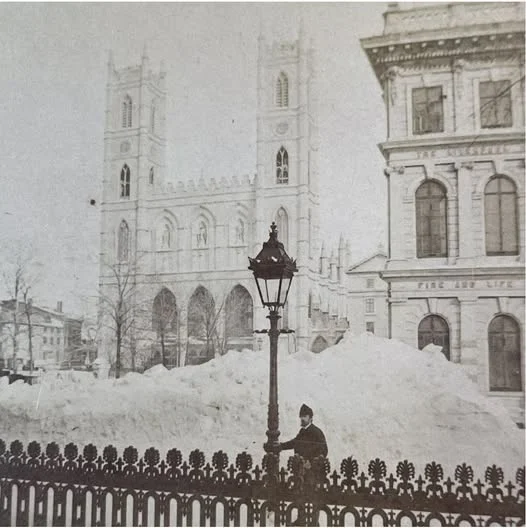.JPG) |
| 2012 |
1.
From the bottom of a garbage can in the kitchen
honeybees fly out as a great black cloud,
I ran to the living room and then closed myself in the sun porch.
A dog, with a black face, joined me.
“They stung my face,” he complains.
Others join us and somehow we get rid of the bees.
Meanwhile, someone is sitting on the stairs outside by a pool in the garden.
2.
There are three of us sky diving,
holding hands forming a circle.
We are not falling, instead
we are ascending the sky.
As we rise higher, the physical body
feels not only healed, but ecstatic
in freedom from earth and an aging body:
I did not want to return to the life
I am living, I did not want to return
to the old life. I weep as I feel the joy of freedom.
3.
Former Prime Minister Chretien tells me
he’ll do what he can for us
to hang onto the building,
but there are other people who want it.
Also he wants me to lose weight, improve my health.
4.
In a basement, flooded with two or three feet of water,
big shits like loaves of bread
float in the water and I try to break them into slices
with a paddle so that when my wife arrives,
walking in the water, she won’t step on the shit.
I try to stuff the shit down a drain
5.
My son tells me he wants me as a “friend”.
I reply, “I am your father, not a friend;
a father is better; I love you as a father,
a friend is less than a father.”
6.
The key is broken to the old Volkswagen,
but it still starts the car. Returning home,
the car’s gear shift comes off in my hand and trying to repair it,
I crawl into the car’s body and discover the car is a wooden vessel,
a web of slats covered with plywood, almost paper thin
for lightness. I arrive at Oxford Avenue where I grew up;
at the front door a man’s corpse covered with a white sheet
sits in an upright position. When I return that evening he is gone
and I am relieved: But who was this corpse?
Someone I have forgotten or never knew,
the white sheet a shroud, like a body
found in the frozen north—one of Franklin’s crew—
preserved by the cold, lips pulled back in the permanent
grin of the dead, like a wolf’s bared yellow teeth.
7. Five Black Horses
It was a demonstration of something, the severed
horse’s head on a chair and the four black horses
standing facing the audience. Behind the middle horse
a man took a hammer and drove a bolt
into the horse’s neck; at first, the horse stood as before,
we were all calm, including the horses,
and then the animal fell to the floor.
The others were to follow.
8.
I am told my father has just died.
He was alive all the years
I thought he was dead.
For fifty years I grieved
and regretted his death.
Now, again, I have missed him.
9.
A cat has been a nuisance,
the landlord next door is dealing with it.
He has a big knife and has cut off the cat’s paws,
and then cut further up the leg.
Someone holds the cat for him.
He may even have skinned the cat,
and planned to keep it alive to suffer.
We are in his car and I am pleading with him
to kill the cat, pleading kill the cat, end his suffering.
His daughter is also pleading with him to kill the cat,
“Daddy, please kill the cat. Please, please kill the cat.”
10.
I am walking along a street of ice and snow.
I stop and pay for a newspaper with tokens from the casino.
Then I am in a dentist’s office full of Americans,
all smiling and young, each in a separate cubicle.
The dentists in their white jackets
are all eager to work, they ignore
a small black dog trying to get into the building.
I open a door for the dog and a stag is there,
I try to hold him back, but he’s large
and incredibly strong as he breaks through the door.
Now he’s in the building, in the hallway, in the room.
11.
A man is trying to get into a house
through an attic window,
the attic full of old furniture,
paintings, books, and old cardboard boxes
with writing in black felt pen on them.
Two children run down the stairs
to escape this man standing on a ladder
at the attic window. Outside, in a barren field,
two other men lean over a dead animal,
behind them are cattle they killed
covered with six inches of soil;
“oh no,” they say when a grey horse,
they thought dead, rises up on its front legs.












.JPG)
.JPG)

.JPG)
